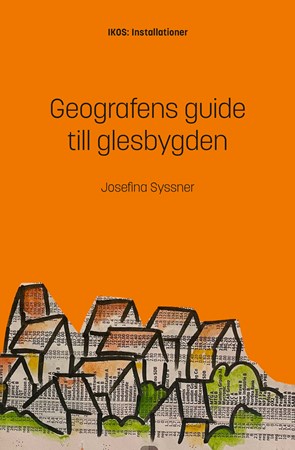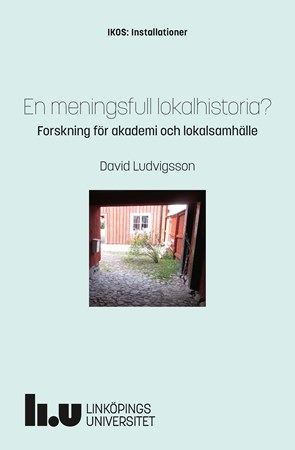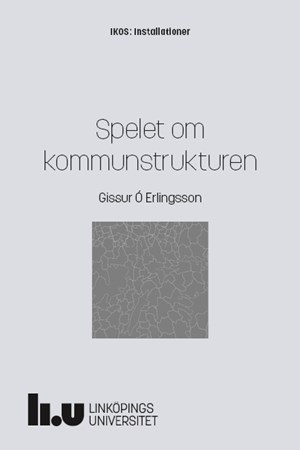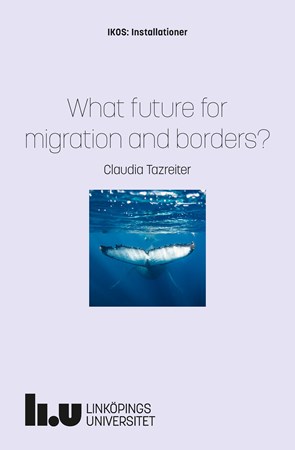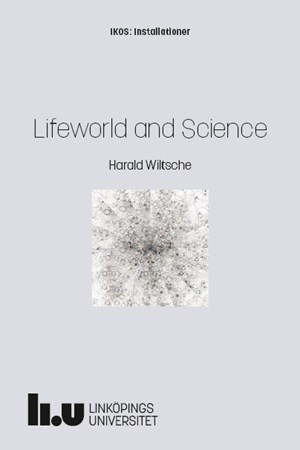The Department of Culture and Society (IKOS) was founded on 1 January 2020. We conduct education and research in the humanities, social sciences and aesthetic subjects. The research is interdisciplinary and multidisciplinary, with the focus on culture, society and language. On this page you find information about the professors who have been installed at IKOS, as well as those to be installed in the near future.
IKOS inaugural lectures
A new professor at IKOS gives an inaugural lecture where they talk about their subject area and research. The lecture is part of installation in the position.
IKOS inaugural lectures are open to everyone and serve as a meeting place where we promote and discuss IKOS research. The lectures are given on campus in Norrköping or at Valla in Linköping. Upcoming installations will be advertised on this page.
After installation, the professor produces a written text, the content of which is based on their inaugural lecture, to be part of the IKOS publication series.

